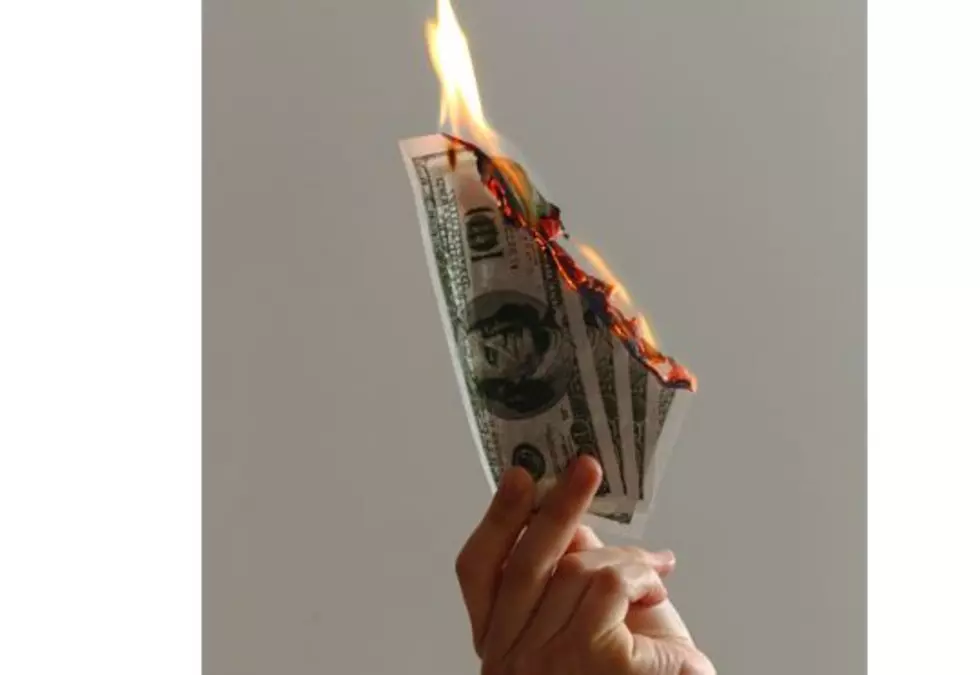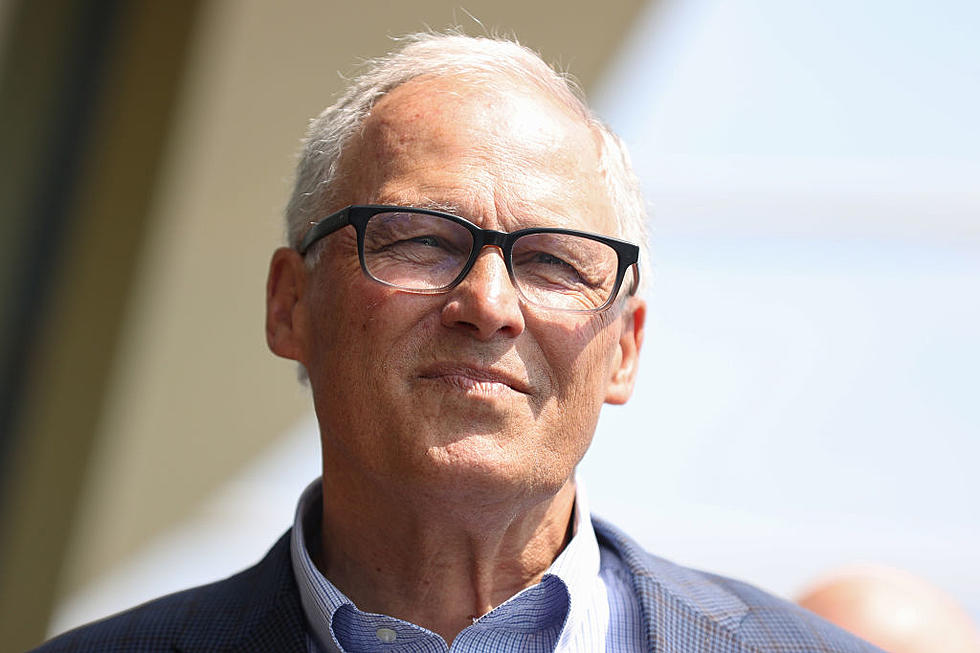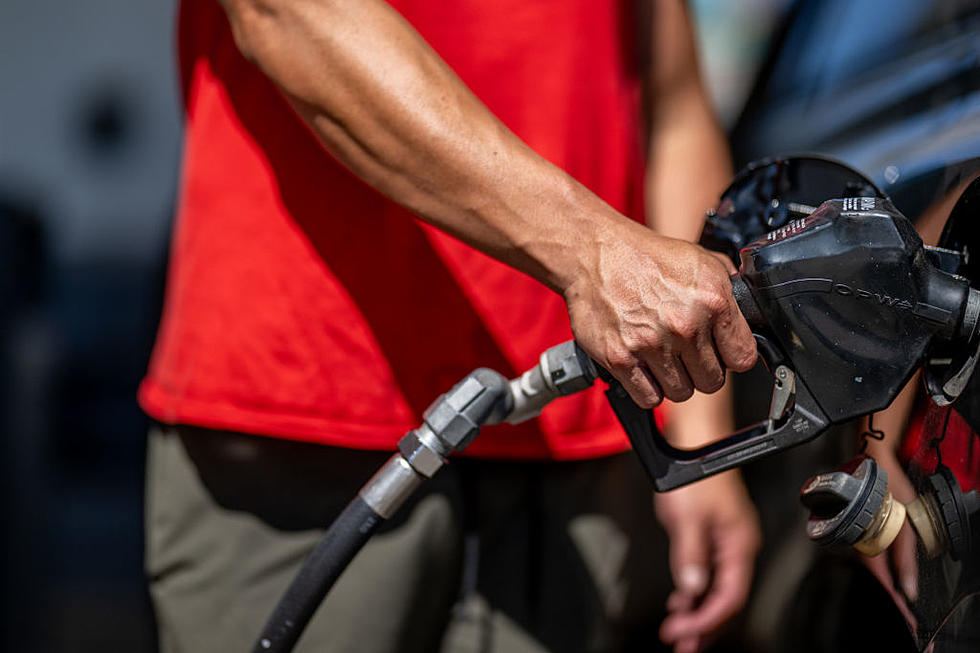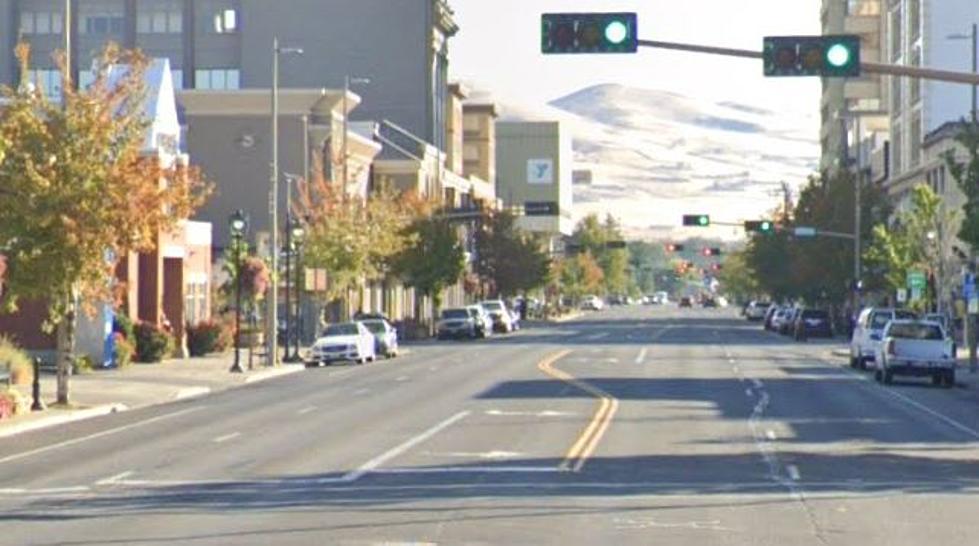
Report–WA State’s Rainy Day (Emergency) Fund is Basically Bankrupt
What is a rainy day fund, and why should you care about it?
Washington state's emergency budget reserves are basically gone
A new report from the PEW Foundation shows we have the worst state rainy day (emergency reserves) fund in the nation. The report shows we are actually in the 'red' or based upon the image in their report, 'orange.'
Who is the PEW Foundation?
For over 70 years, this group, which is funded by seven different charitable trusts, has tackled a wide range of problem-solving, improving public policy and government spending, and monitoring public, government, and private economic trends.
Their report, dated May 10, 2022, examines in exhaustive detail the rainy day or emergency funds of all 50 states. It's the same concept as you saving money in the bank or a coffee can for when the water heater or dishwasher dies. It's to help stay financially afloat while you pay for an emergency.
Who has the best-worst funds in the US?
We won't deep dive into all the numbers, it's mind-numbing. But know this. WA state is not doing well.
The foundation said (paraphrased) 'how long could each state operate using ONLY their emergency funds?'
The best? Wyoming. They could run for 301 days, nearly a year, just off their savings. North Dakota (115.7) Alaska (111.7) and New Mexico (101 days) were the only states over 100. Surprisingly, CA was at 91 days, Colorado 86, Idaho 57, Oregon comes in at 43 days.
Washington state could run for "2 hours"
The PEW Report literally has these rates broken down into not just days, but hours. WA state could pay its daily bills for 120 minutes if using only the rainy day fund.
Why is this important?
Due to COVID stress and now Biden's inflation, more states are either using some of the reserves to offer temporary tax relief, or to allow citizens to 'catch their breath.' Others have or are going to temporarily suspend their state gas taxes, to offer relief at the pump.
What Happened to Our Rainy Day Funds?
As far back as the 2015-2017 budget, Inslee's demands that were passed by Democratic legislators took funds from the reserves to create more governmental programs and offices. Then came the big hammer.
In early March, 2022 Senate and House Democrats pushed through the biggest 'transportation package' ever seen in our state, and billions of it came from the reserves. Some reports even said they "raided" the fund.
'Transportation and infrastructure packages' are buzzwords for out of control spending.
Whenever you hear those words, think umbrella of senseless, wasteful programs that are hidden in bills. Not all of this money, or even the majority, is going to roads, highways, bridges etc. Hundreds of millions will be spent to develop and build the state's first all-electric ferry. Some will go to the nearly bankrupt Puget Sound Area Transit Authorities for their endless steam of unfinished projects.

And some will go to prop up other public transit entities around the state.
So while growing numbers of states are offering tax, business tax, or fuel tax relief to citizens, WA is spending more, and more and more on programs that don't help the majority of the average taxpaying, working citizen.
Here's hoping we don't have a tax-financial collapse. We'd last all of two hours.
LOOK: See how much gasoline cost the year you started driving
More From 870 AM KFLD









